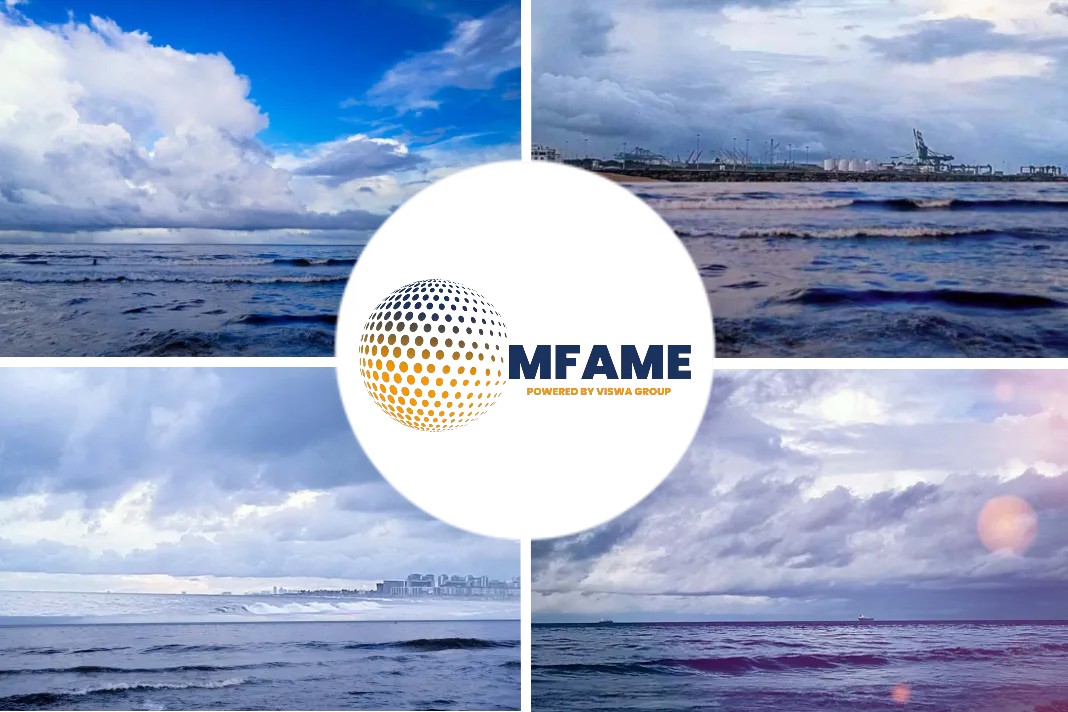
In its ongoing commitment to enhancing maritime safety and sustainability, the International Maritime Organization (IMO) made significant strides in the development of guidelines for ships using alternative fuels during the recent CCC 9 Sub-Committee meeting. The ibia source.
- The IMO advances guidelines for safe design and operation of ships using alternative fuels, addressing challenges posed by ammonia and hydrogen.
- Safety considerations extend to bunkering operations for hydrogen, emphasizing the need to release leaks to prevent fire or explosion risks.
- Concerns about debunkering arrangements for LNG and methanol highlight a potential gap in the IGF Code or Guidelines, prompting further consideration for future alternative fuels.
Advancements and Challenges at CCC 9
The International Maritime Organization (IMO) deliberated on a comprehensive set of guidelines for the safe design and operation of ships using alternative fuels, including ammonia, hydrogen, and LPG during the recent CCC 9 Sub-Committee meeting held from September 20 to 29, 2023. While some progress was achieved, several draft guidelines for alternative fuels will undergo further development and are slated for finalization at CCC 10 in September 2024.
Navigating Unique Risks with Ammonia and Hydrogen
The discussions highlighted the unique safety challenges presented by ammonia and hydrogen as alternative fuels. These risks extend beyond toxicity to encompass factors such as corrosivity, material effects, and design considerations. Specific provisions for ammonia storage were explored, favoring refrigerated and semi-refrigerated systems initially, with pressurized ammonia as a potential alternative. Portable tank provisions for ammonia will not be developed at this stage.
Addressing Safety During Hydrogen Bunkering
Safety concerns related to hydrogen were a focal point during bunkering operations. The discussions emphasized the necessity for freely releasing hydrogen leaks during bunkering to prevent fire or explosion risks. As hydrogen leaks can form pockets and given its lower explosion limit, Emergency Shut-Down (ESD) principles were omitted from the draft Guidelines.
Debunkering Challenges for LNG and Methanol
The IMO considered concerns regarding ships utilizing fuels like LNG and methanol and the absence of provisions in the IGF Code or Guidelines for safe debunkering. While specific provisions were not included at this time, the possibility of addressing debunkering arrangements will be explored during the development of interim guidelines for other alternative fuels, such as hydrogen and ammonia.
Did you subscribe to our daily newsletter?
It’s Free! Click here to Subscribe!
Source-ibia























